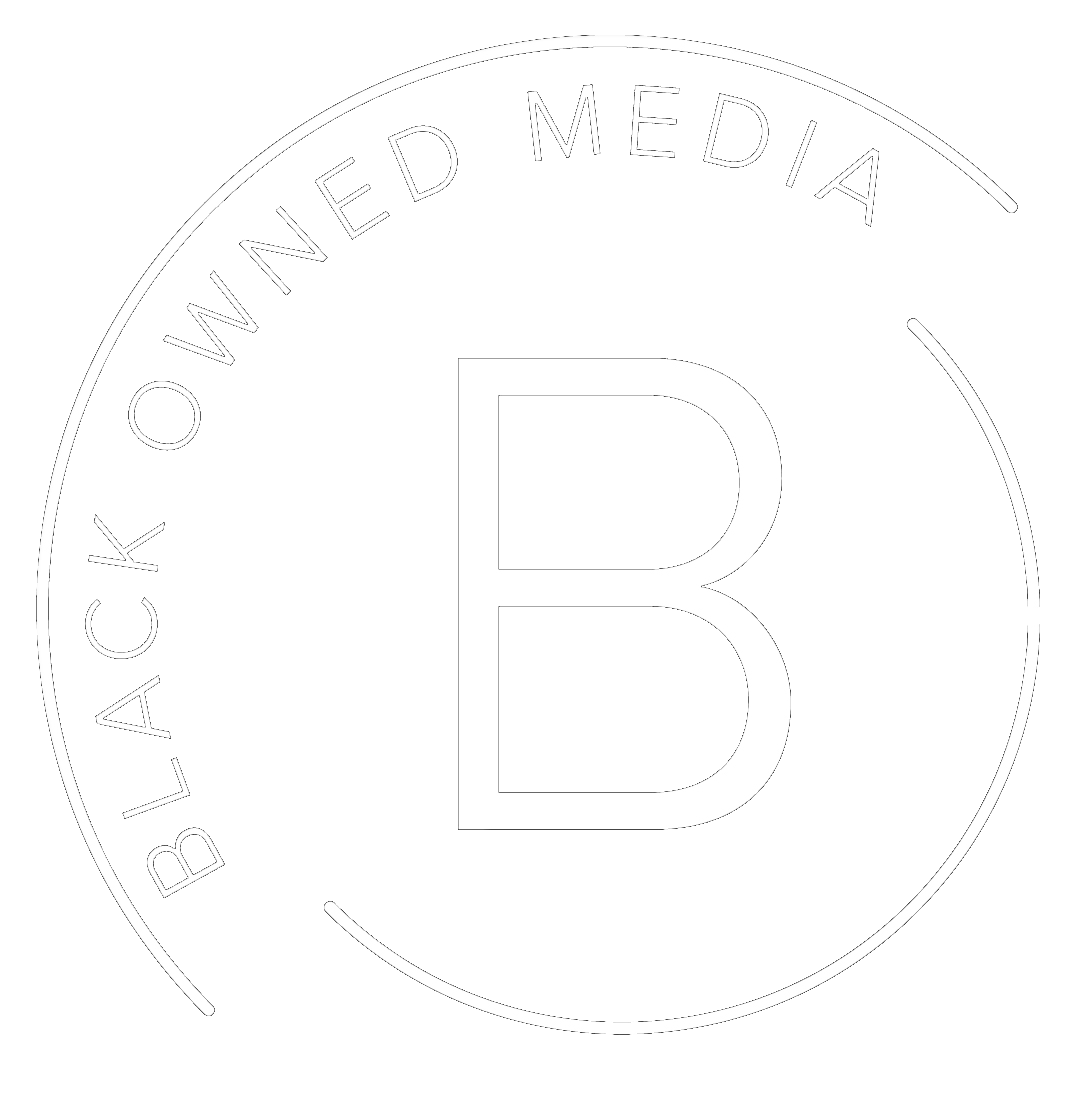Philanthropist, self-proclaimed feminist and champion of fair pay for musicians are all titles that belong to Taylor Swift. It’s not hard to see how this country-turned-pop-singer has quickly become a global influence.
Back in 2015, she made headlines with her open letter to Apple Inc. expressing her shock and disbelief that the company would not be paying artists in their three-month free trial of Apple Music. This prompted a very swift policy change which sees the payment of artists during this free trial period. Just one year prior Taylor pulled her music from Spotify because the streaming service has a “free listening” option.
It would come as no surprise then that this year, Swift is taking on fashion counterfeiters. On January 18th she debuted her clothing line during Hong Kong Fashion Week. Her newest venture is aimed at curbing the fashion counterfeiting industry in China. Swift has partnered with the branding company Heritage 66 and two of China’s largest e-commerce sites, JD.com Inc. and Alibaba Group Holding Ltd., to combat the sale of products that don’t have the right to use her name. This task may prove difficult considering that Chinese trademark law is based on who files first regardless of celebrity status. At the moment, the singer is up against three other “Taylor Swift” trademarks in China that aren’t owned by her.
The fashion counterfeiting industry doesn’t just pose a problem for Taylor though.
- The estimated global market for counterfeit brand name clothing is $108 billion USD (World Trade Organization)
- In 2007, $42 million of the $98 million of counterfeit products seized by US Customs were fashion-related
- Over two thirds of counterfeits come into the European Union from China (Europol)
- Counterfeits are worth nearly 10% of the clothes, shoes and accessories sold in the EU, taking $28 billion in business (Europe’s Office for Harmonization in the Internal Market, OHIM)
- Italy suffers the most from counterfeits losing $5 billion dollars a year followed closely by Spain and the UK (OHIM)
- “Very often the products from the Far East were assembled in the same Chinese factories that worked for the legitimate brands during the day.” (OHIM)
As for the line itself, it’s a direct translation of Taylor’s music on to clothing, literally and figuratively. Ranging from plain white tees, to t-shirt dresses with song lyrics printed on them and graphic tees that feature her name, one to suit every font preference, this collection is anything but unique. That cropped sweater with the word “STYLE” printed across it is somewhat ominous and reminds us that this collection is quite ironic. With its intended purpose to thwart counterfeiters one would think that the line would be a little more original. Why make something that can not only be easily copied but has been done to death already? Perhaps she’s trying to make some sort of statement here or she’s just flat out being uncreative. Whatever the case may be, there is no denying that Taylor Swift is a force to be reckoned with, at least in the music industry.

By Hannah Rose Prendergrast




